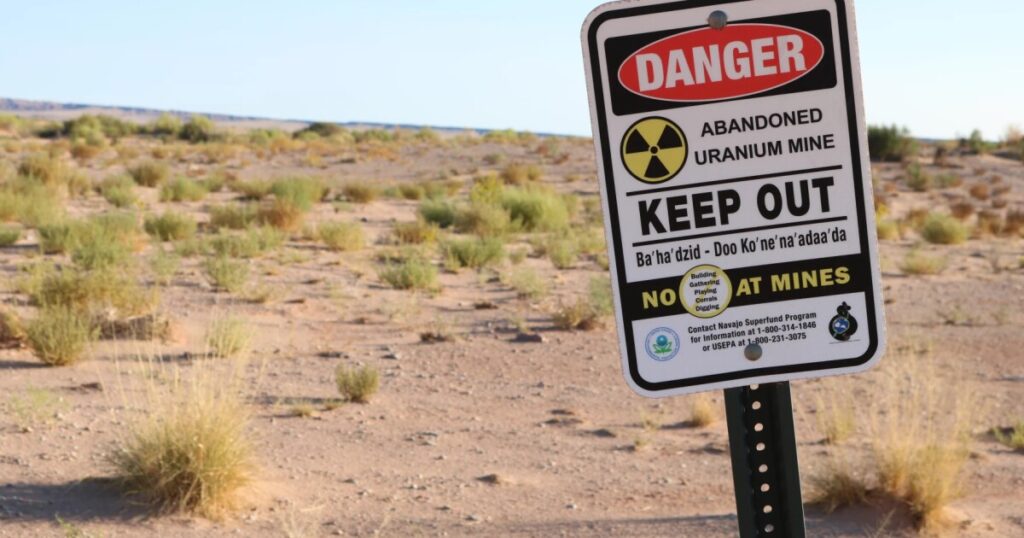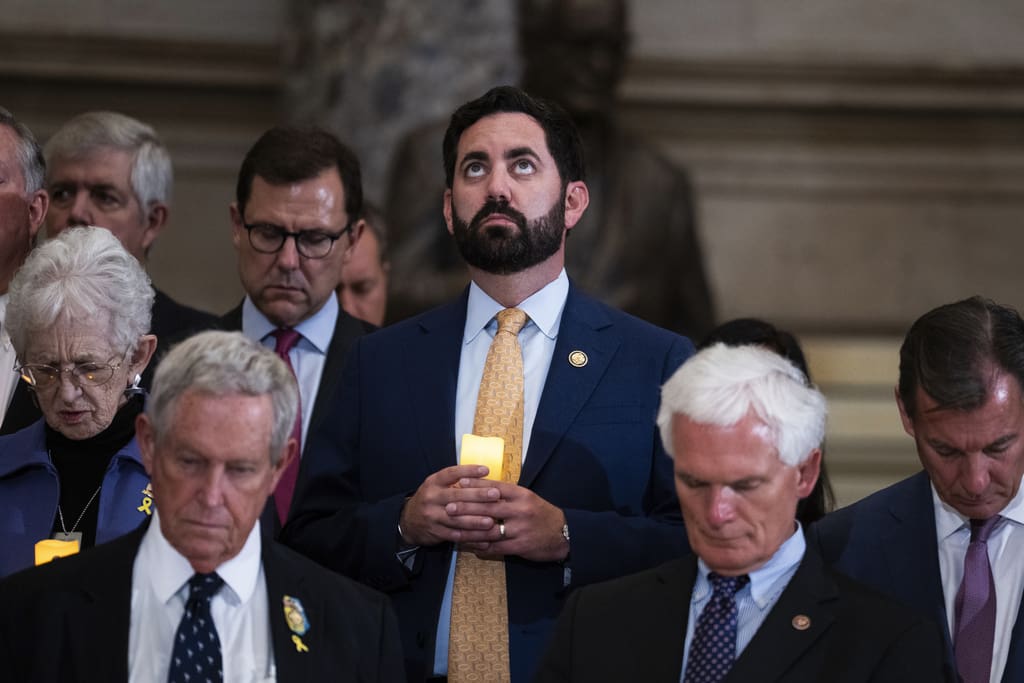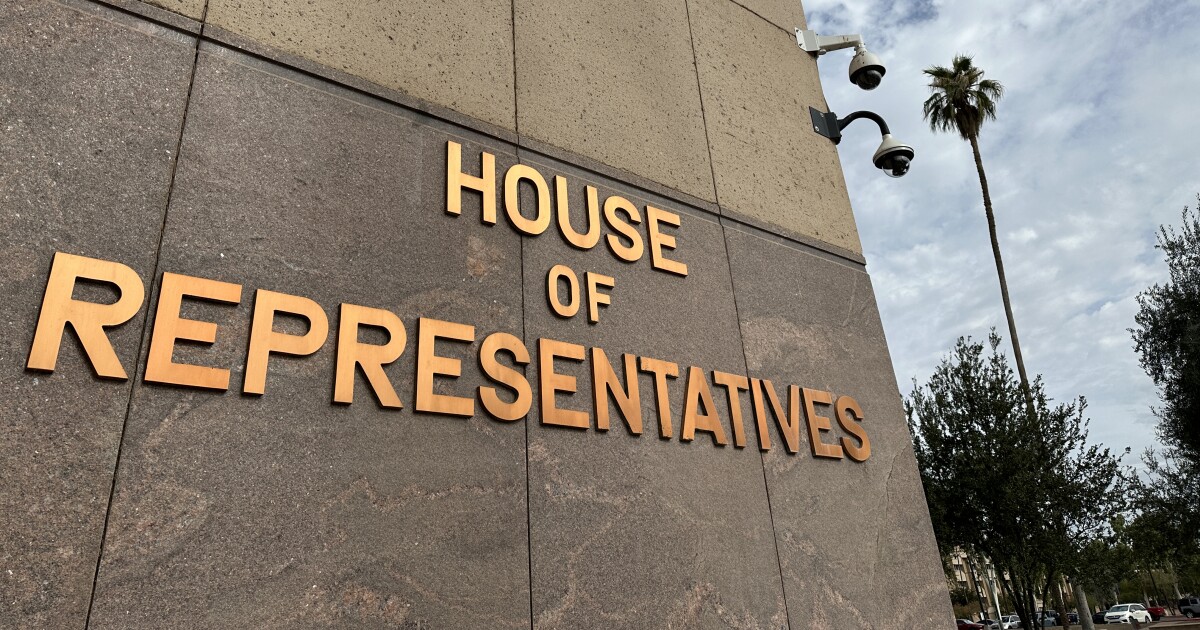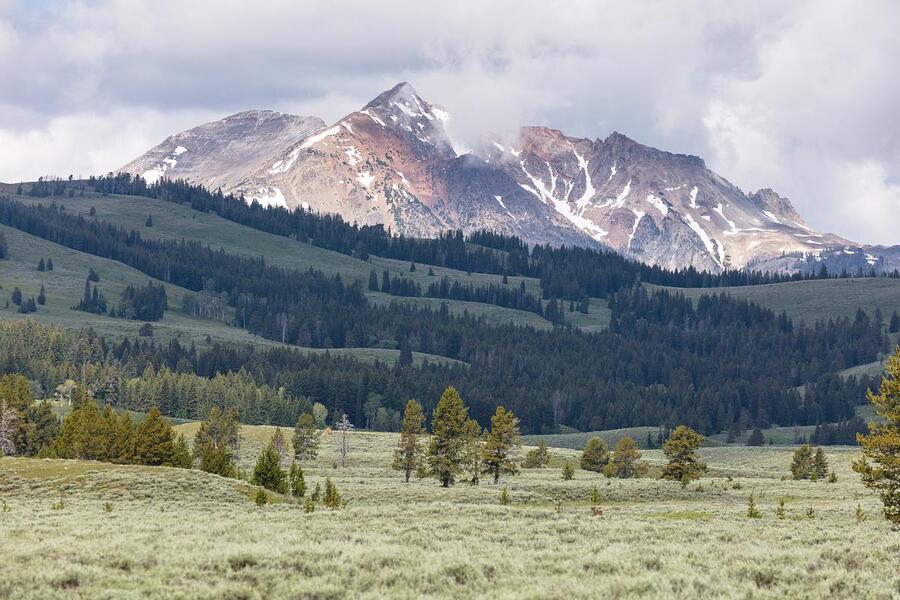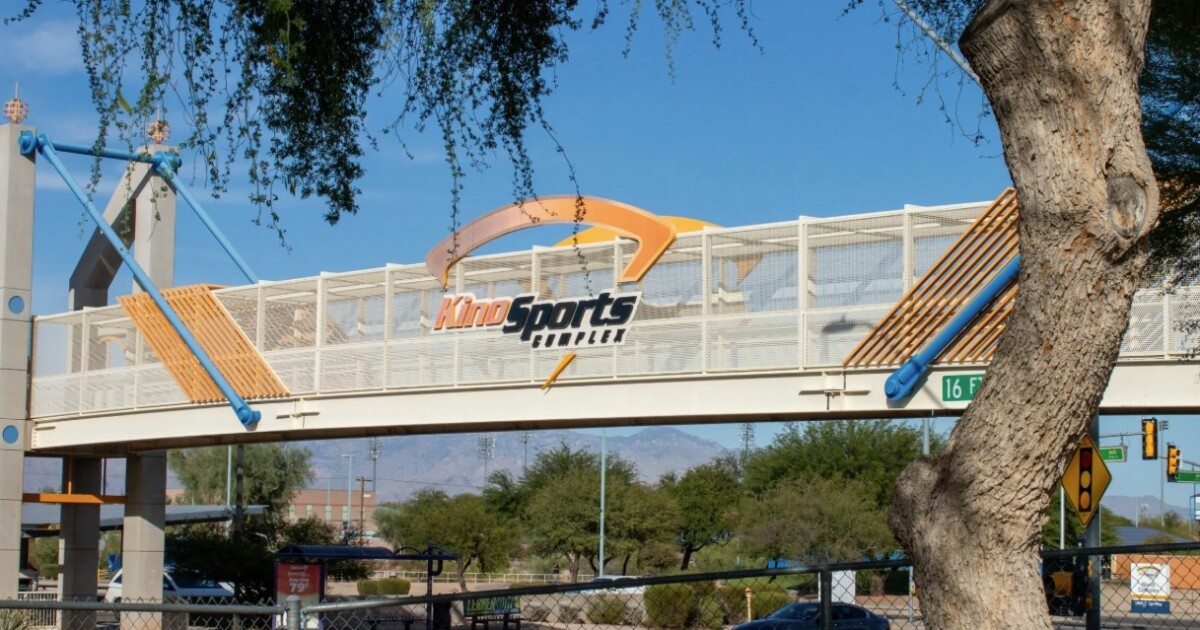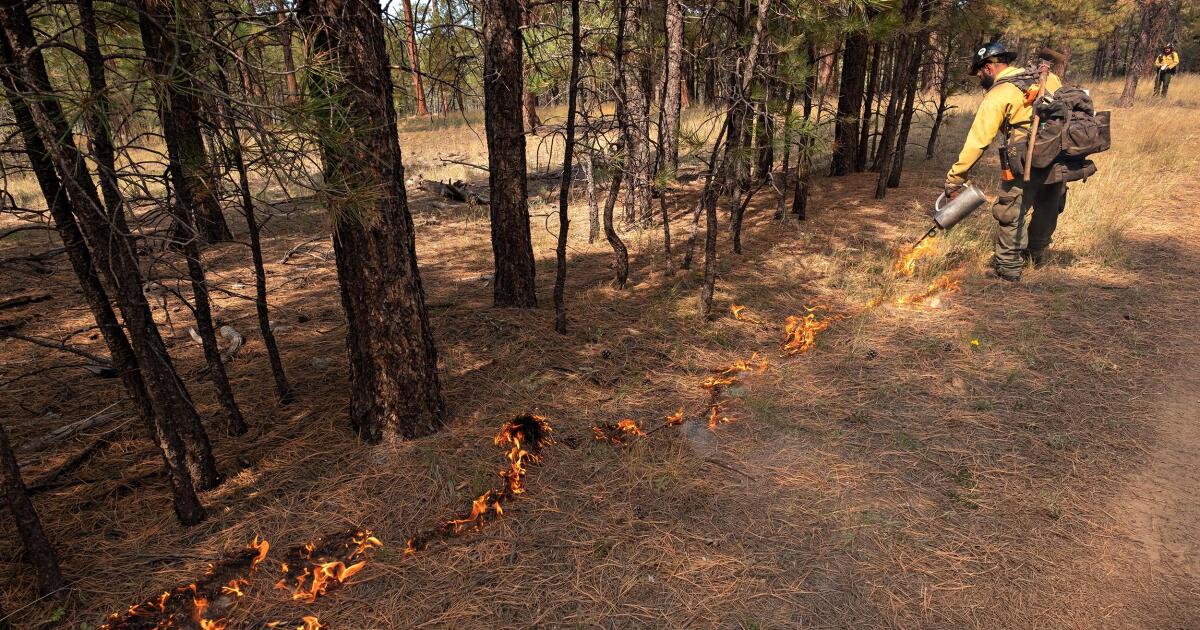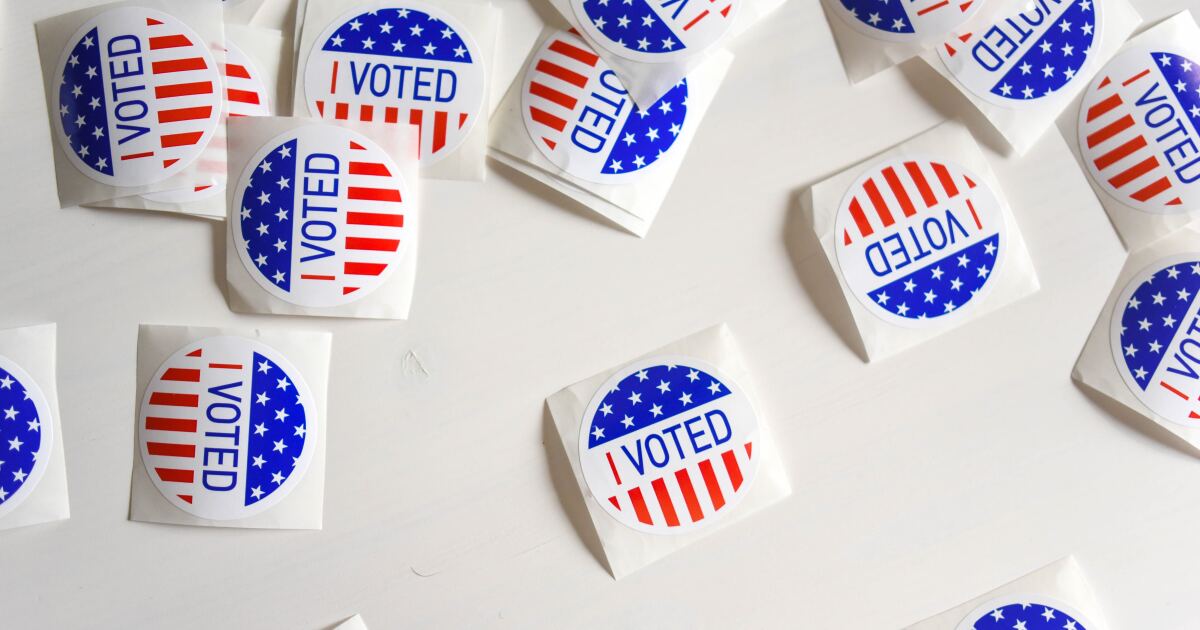The revival and expansion of the Radiation Exposure Compensation Act (RECA) this summer has reignited discussions around compensation for those affected by nuclear activities during the Cold War. While this offers hope for financial relief to many, concerns have emerged regarding opportunistic third parties seeking to exploit victims.
As the reapplication period for RECA approaches its final stages, reports of predatory practices, particularly targeting tribal communities, are increasing. Loretta Anderson, a member of the Laguna Pueblo tribe in New Mexico, highlighted this issue following the act’s renewal by former President Donald Trump. “By the 5th, I started getting these calls,” she noted, emphasizing her belief that some see RECA as a financial opportunity.
Solicitation Concerns in Tribal Areas
Anderson, who co-founded the Southwest Uranium Miners Coalition Post-71, shared that solicitors have been actively engaging with her community, sometimes even holding misleading meetings. “They’re not only going door-to-door,” she said, “but they’re also having meetings almost every week, telling the uranium miners, ‘As long as you’re a miner, you can file a claim,’ which is not so. You have to qualify.”
RECA provides compensation for various cancers and other serious illnesses linked to radiation exposure. For qualifying individuals, payouts can reach up to $100,000. The potential for significant financial compensation has raised concerns about the vulnerability of victims to fraudulent schemes.
Navajo Uranium Miner Oral History and Photography Project/Center for Southwest Research at UNM Libraries
Since its inception in 1990, RECA has distributed over $2.6 billion across nearly 42,000 claims. However, many believe these figures underestimate the actual number of victims. Mike Maxwell, formerly of the nuclear energy sector, noted the challenges in documentation, particularly within tribal communities. “We’ve got more people covered than ever by the current bill, but there are still populations that aren’t getting support,” he said.
Allegations have surfaced against companies like United Energy Workers Healthcare, which settled for $9 million over false claims to the U.S. Department of Labor. Additionally, the National Cancer Benefits Center has been accused of misleading practices, though its CEO, Kirk Gladwin, refutes these claims, asserting compliance with regulations.
Legal Representation and Fees
Legal assistance isn’t necessary to file a RECA claim, but attorneys can simplify the process. However, concerns about excessive fees remain. Although attorney fees were capped at 2% of the settlement, loopholes might allow for higher charges if initial claims are unsuccessful.
Advocates warn victims against unnecessary legal fees, emphasizing the availability of free resources. “You should not pay a single dollar for someone to help you file for the benefits that you deserve,” advised Navajo President Buu Nygren.
As the RECA application deadline approaches in 2027, advocates continue to push for transparency and protection against exploitation, ensuring that victims receive the compensation they rightfully deserve without falling prey to fraudulent schemes.
This story was produced by KJZZ, the public radio station in Phoenix, and published by KNAU as part of the Arizona Public Media Exchange.
—
Read More Arizona News

